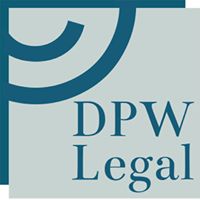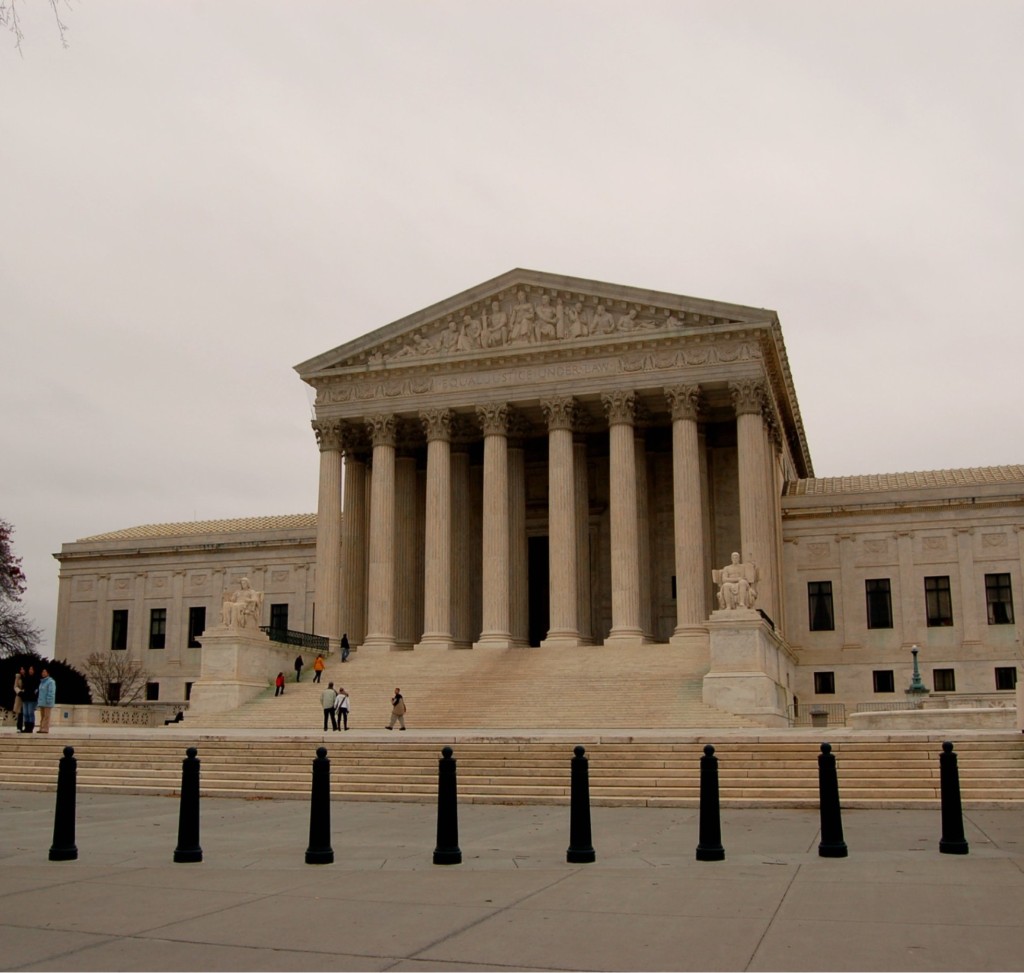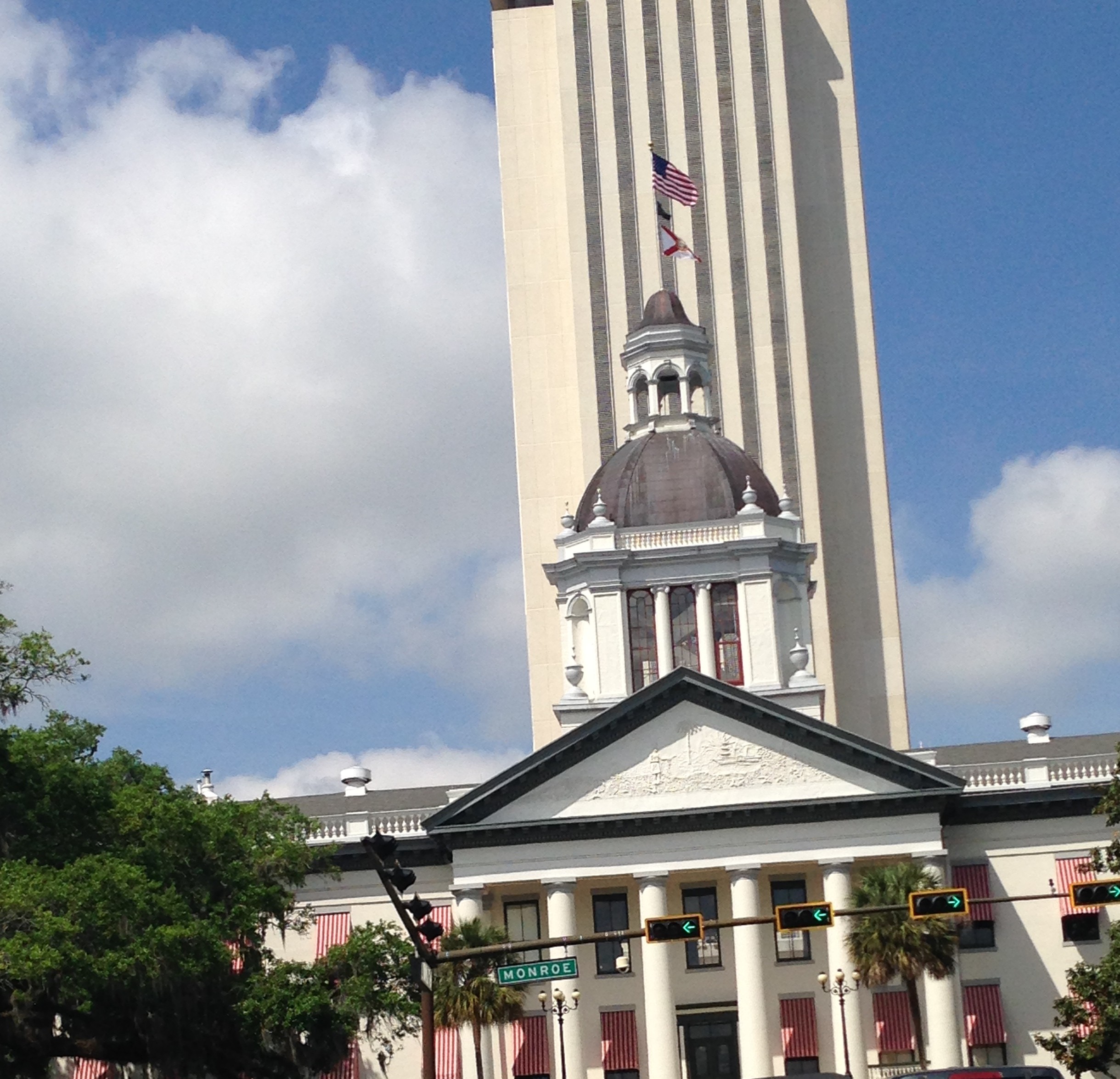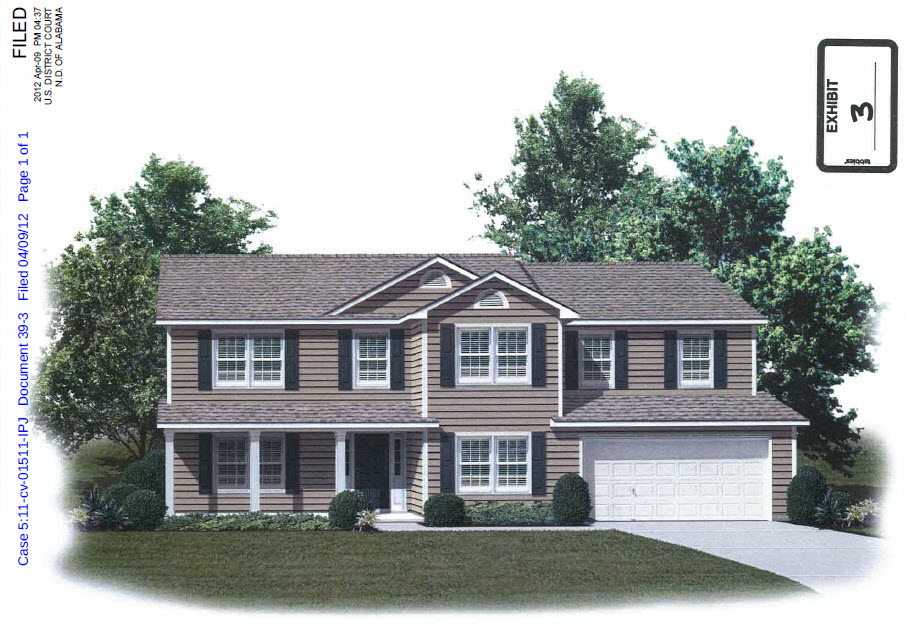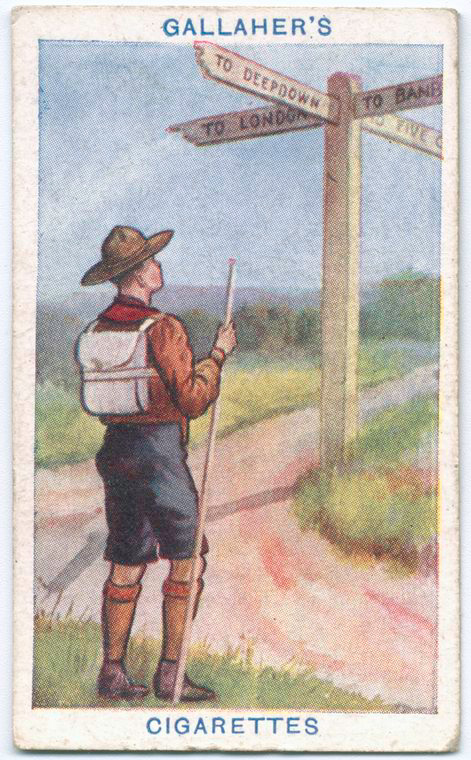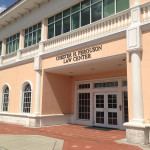Supreme Court to Address Copyright Attorney’s Fees
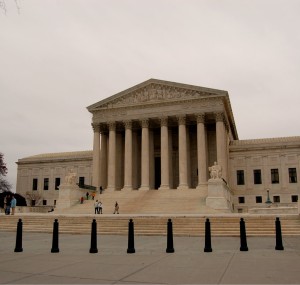
The Supreme Court has granted certiorari review of the
Second Circuit’s decision on attorney’s fees in Kirtsaeng.
Photo courtesy Michael Alex Wasylik
The Supreme Court on Friday agreed to once again consider the proper standard for awarding attorney’s fees in copyright cases. The case is Kirtsaeng v. John Wiley & Sons, Inc., No. 15-374 (Cert. Granted Jan. 15, 2016), and if the name of this case sounds familiar, that’s because it is Kirtsaeng’s second trip to the Supreme Court. Kirstaeng, an enterprising foreign student, purchased textbooks abroad and re-sold them to classmates in the U.S. (while studying at my own alma mater, Cornell!). Textbook publisher Wiley & Sons sued Kirtsaeng for copyright infringement. In 2013, the Supreme Court held that the first sale doctrine applied to copies of works lawfully made outside of the United States and later brought to the U.S. for re-sale. The Court therefore reversed the jury’s finding that Kirtsaeng was liable for willful infringement. Kirtsaeng v. John Wiley & Sons, Inc., 133 S.Ct. 1351 (2013).
On remand, Kirtsaeng as the now-prevailing party sought attorney’s fees pursuant to 17 U.S.C. § 505 (“the court may also award a reasonable attorney’s fee to the prevailing party as part of the costs”). The district court refused to award attorney’s fees, stating that the plaintiff’s litigation position, while ultimately rejected by the Supreme Court, was not “objectively unreasonable.” The Second Circuit, while disagreeing with some of the district court’s analysis, affirmed, finding no abuse of discretion. John Wiley & Sons, Inc. v. Kirtsaeng, 2014 Copr. L. Dec. P 30537 (S.D.N.Y. 2013) aff’d, 605 Fed. Appx. 48 (2d Cir. 2015). Kirtsaeng’s petition noted a split in the way the circuits apply the Section 505 prevailing party standard, with the Ninth and Eleventh Circuits granting fees when a defense advanced the purposes of the Copyright Act, the Fifth and Seventh employing a presumption of fees, and the remaining circuits placing substantial weight on whether the other party is “objectively unreasonable.” The Supreme Court granted certiorari on the question “What is the appropriate standard for awarding attorney’s fees to a prevailing party under § 505 of the Copyright Act?”
As pointed out in the petition, the Circuits have been inconsistent in their application of the prevailing party standard for defendants, even after the Supreme Court in Fogerty v. Fantasy, Inc., 510 U.S. 517 (1994) held that “defendants who seek to advance a variety of meritorious copyright defenses should be encouraged to litigate them to the same extent that plaintiffs are encouraged to litigate meritorious claims of infringement.” Fogerty set up the rule that trial courts have broad discretion in deciding to award fees to either plaintiffs or defendants. Now, the Court is being asked to clarify what factors the court should consider when exercising that discretion.
A few weeks ago, as previously reported by DPW Legal, the Supreme Court refused to hear another prevailing defendant’s petition on the scope of a fee award. The facts in Kirtsaeng provide a much more defense-friendly factual backdrop for the discussion: Kirtsaeng prevailed at the Supreme Court after losing in both the District and Circuit courts, and he was represented pro bono, which did have some sway with the Circuit court even though it ultimately affirmed due the the abuse of discretion standard of review. So the Court’s decision in Kirtsaeng will be very interesting to see. Let’s hope better facts make for better law.
